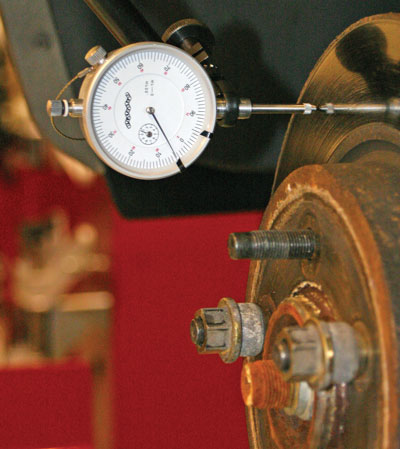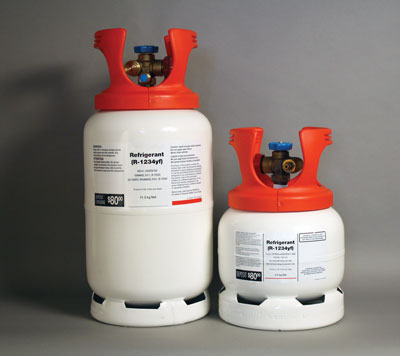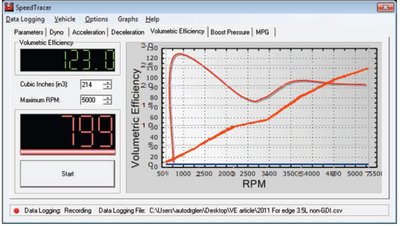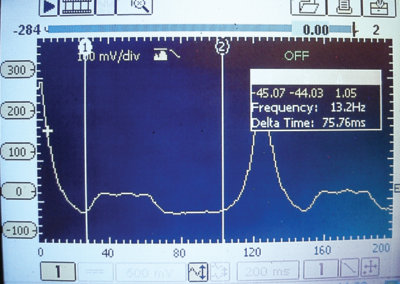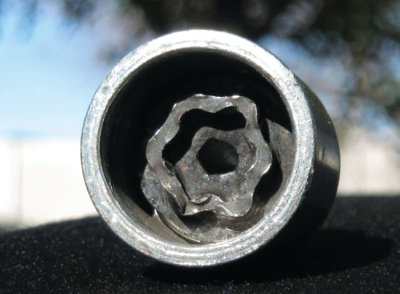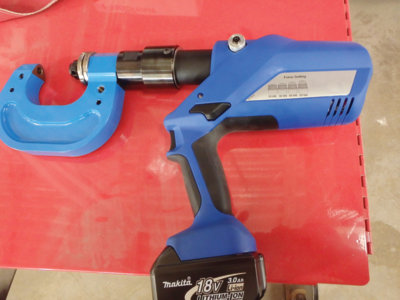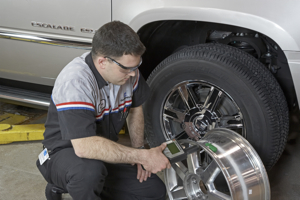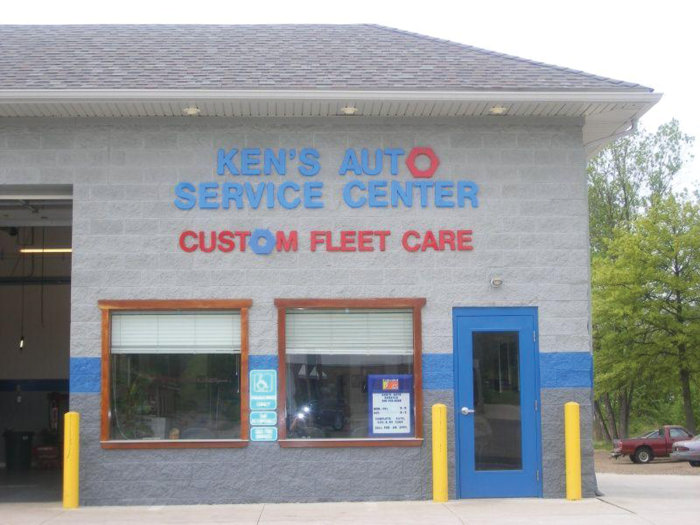 AMSOIL has introduced a premium diesel fuel additive that provides improved efficiency and maximum cold-weather performance. AMSOIL Diesel Concentrate Plus Cold Flow Improver (DFC) combines the superior detergency of AMSOIL Diesel Concentrate and the excellent anti-gelling properties of AMSOIL Cold Flow Improver in one convenient package, without sacrificing performance.
AMSOIL has introduced a premium diesel fuel additive that provides improved efficiency and maximum cold-weather performance. AMSOIL Diesel Concentrate Plus Cold Flow Improver (DFC) combines the superior detergency of AMSOIL Diesel Concentrate and the excellent anti-gelling properties of AMSOIL Cold Flow Improver in one convenient package, without sacrificing performance.
The new dual function product eliminates the need for carrying two diesel additive products, especially for Canada and Northern tier states.
DFC is formulated with excellent detergency properties to help keep injectors, rings and piston crowns lubricated and free of soot for improved fuel economy and operational efficiency. For superior cold weather performance DFC reduces the cold filter plugging point by as much as 34 degrees F (19 degrees C) in ultra-low-sulfur diesel fuel (ULSD). It also reduces the pour-point temperature of treated diesel fuel, providing better fuel delivery to the injectors during cold weather.
The benefits of fuel economy, efficiency and convenience make this a must have product for diesel owners everywhere, especially those heading into the chilly winter season.
The product reduces the pour-point temperature of treated diesel fuel, providing better fuel delivery to the injectors during cold weather. It is formulated with a jet-fuel-type deicer that disperses water to control ice formation in all sections of the fuel system. Diesel Concentrate Plus Cold Flow Improver minimizes the need for the use of #1 diesel fuel, enabling better fuel economy, performance and lubricity.
AMSOIL Diesel Concentrate Plus Cold Flow Improver meets federal regulations for ULSD fuel. It complies with federal low-sulfur content requirements for use in diesel motor vehicles and non-road engines. While this product is formulated specifically for ULSD fuel, it also performs well with non-ULSD fuels, including biodiesel up to B20. Diesel Concentrate Plus Cold Flow Improver is recommended for diesel-powered vehicles, home heating oil and kerosene heating systems.
One 16-oz. bottle treats 40 gallons of fuel.
AMSOIL has been the recognized leader in synthetic lubrication since 1972. For more information about AMSOIL synthetic motor oils and performance products, contact your nearest AMSOIL distributor, visit www.amsoil.com or call AMSOIL at (715) 392-7101 or (800) 777-8491.

